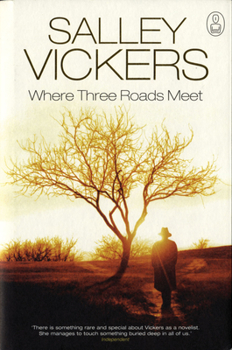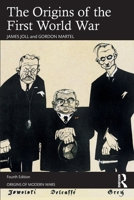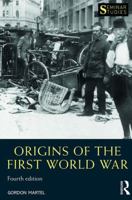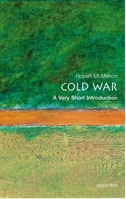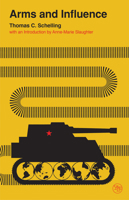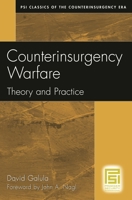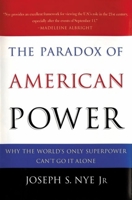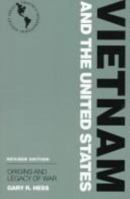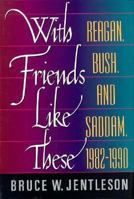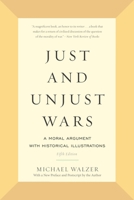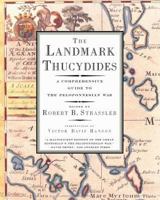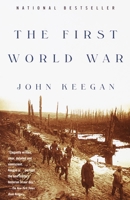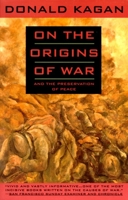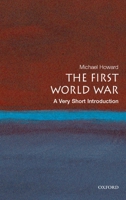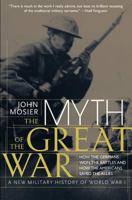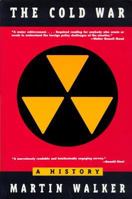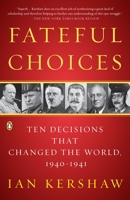Where Three Roads Meet: The Myth of Oedipus
(Book #10 in the Canongate's The Myths Series)
Select Format
Select Condition 
You Might Also Enjoy
Book Overview
In the latest retelling of the world's greatest stories in the Myth series from Canongate, the highly regarded novelist Salley Vickers brings to life the Western world's most widely known myth, Oedipus, through a shrewdly told exploration of the seminal story in conversation between Freud and Tiresias. It is 1938 and Sigmund Freud, suffering from the debilitating effects of cancer, has been permitted by the Nazis to leave Vienna. He seeks refuge in England, taking up residence in the house in Hampstead in which he will die fifteen months later. But his last months are made vivid by the arrival of a stranger who comes and goes according to Freud's state of health. Who is the mysterious visitor and why has he come to tell the famed proponent of the Oedipus complex his strangely familiar story? Set partly in prewar London and partly in ancient Greece, Where Three Roads Meet is as brilliantly compelling as it is thoughtful. Former psychoanalyst and acclaimed novelist Salley Vickers revisits a crime committed long ago that still has disturbing reverberations for us all today.
Format:Hardcover
Language:English
ISBN:1847670180
ISBN13:9781847670182
Release Date:August 2008
Publisher:Canongate Us
Length:176 Pages
Weight:0.10 lbs.
Dimensions:0.8" x 5.5" x 7.7"
More by Margaret Sanders
Customer Reviews
7 customer ratings | 5 reviews
There are currently no reviews. Be the first to review this work.










